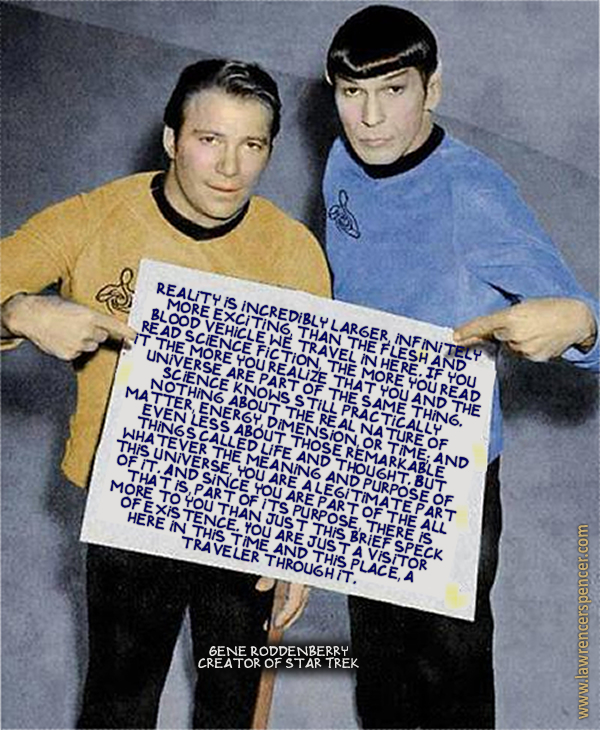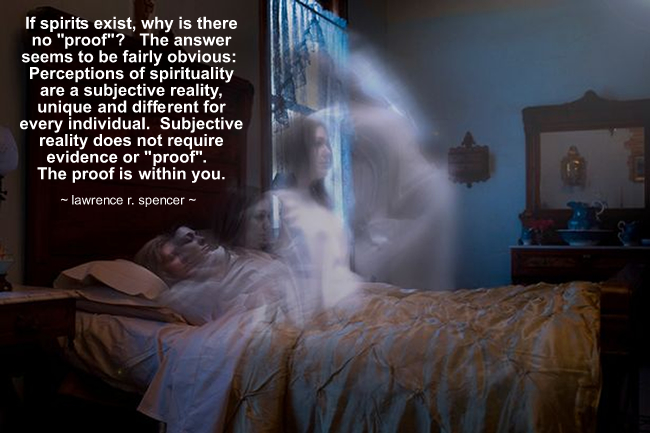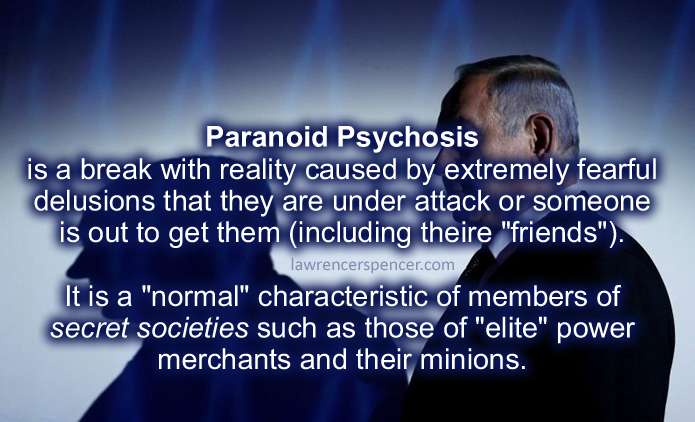Republished by Blog Post Promoter
 Mohandas Karamchand Gandhi (; 2 October 1869 – 30 January 1948) was the preeminent leader of Indian independence movement in British-ruled India. Employing nonviolent civil disobedience, Gandhi led India to independence and inspired movements for civil rights and freedom across the world. The term Indian Independence Movement encompasses activities and ideas aiming to end first the company rule (East India Company), and then the rule of the British.
Mohandas Karamchand Gandhi (; 2 October 1869 – 30 January 1948) was the preeminent leader of Indian independence movement in British-ruled India. Employing nonviolent civil disobedience, Gandhi led India to independence and inspired movements for civil rights and freedom across the world. The term Indian Independence Movement encompasses activities and ideas aiming to end first the company rule (East India Company), and then the rule of the British.
Mohandas Gandhi’s storied history of resistance included many stints in jail, starting with a two-month imprisonment in 1907 in South Africa, where he was working to end discrimination against Indians living there. He was arrested for urging them to ignore a law requiring Indians to be registered and fingerprinted. While in jail, Gandhi read Henry David Thoreau’s “Civil Disobedience”, which would become a major part of his philosophy upon his return to India. Back in his home country, Gandhi was put behind bars several times for his movement to end British rule. In 1922 he was tried for the last time by the British government for “bringing or attempting to excite disaffection towards His Majesty’s Government established by law in British India.” He pleaded guilty to all charges and was sentenced to six years, of which he served two before being released for an emergency appendectomy. India achieved independence on Aug. 15, 1947, five months before Gandhi was assassinated.
Gandhi preached rebellion, launched mass civil disobedience and was repeatedly jailed. When arrested, he pleaded guilty and asked for the severest punishment. In South Africa, the charge against him and his co-workers was proved by witnesses furnished by him. The horror, shame and hardship of jail life, originally a punishment allotted to criminals, scared the Indians. Gandhi removed this fear from their hearts. He was jailed eleven times. Once he was arrested three times within four days. If he had to complete all his jail terms, he would have spent 11 years and 19 days in jail. Occasionally his punishment was reduced and and he altogether spent 6 years and 10 months in prison. At the age of 39, he first entered a jail. He came out of the prison gates for the last time when he was 75.
On 14 and 15 August 1947 the Indian Independence Act was invoked.




